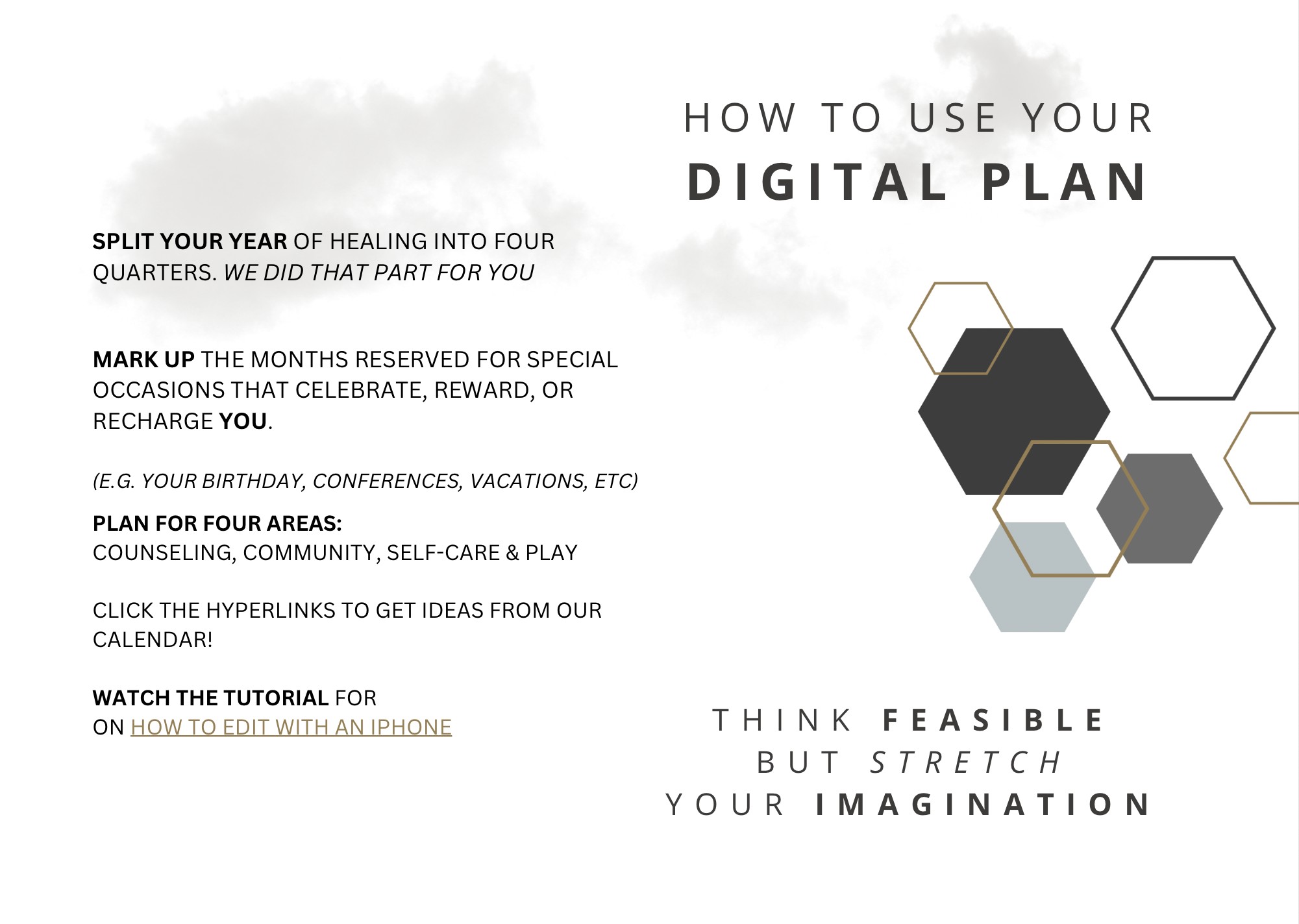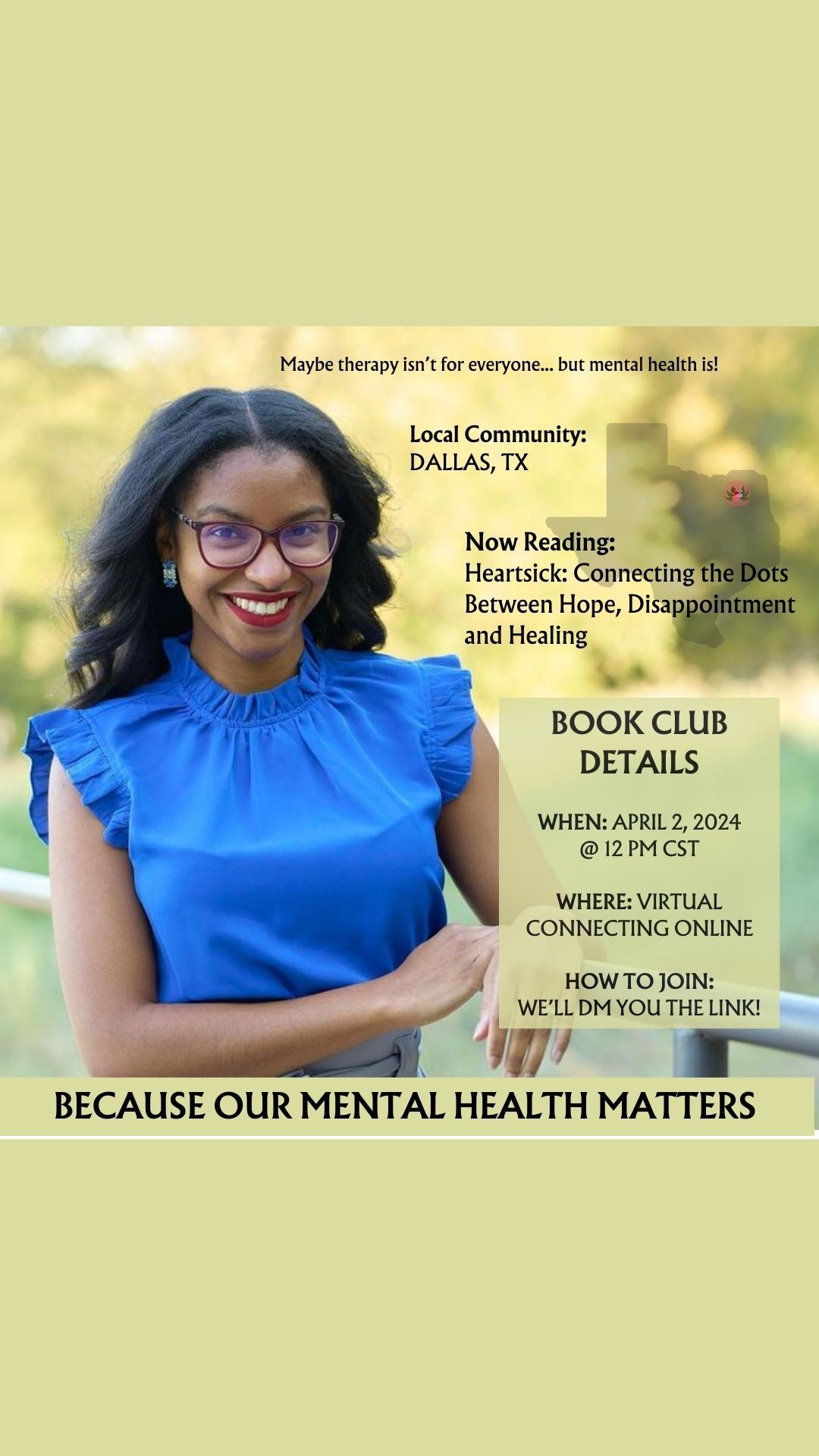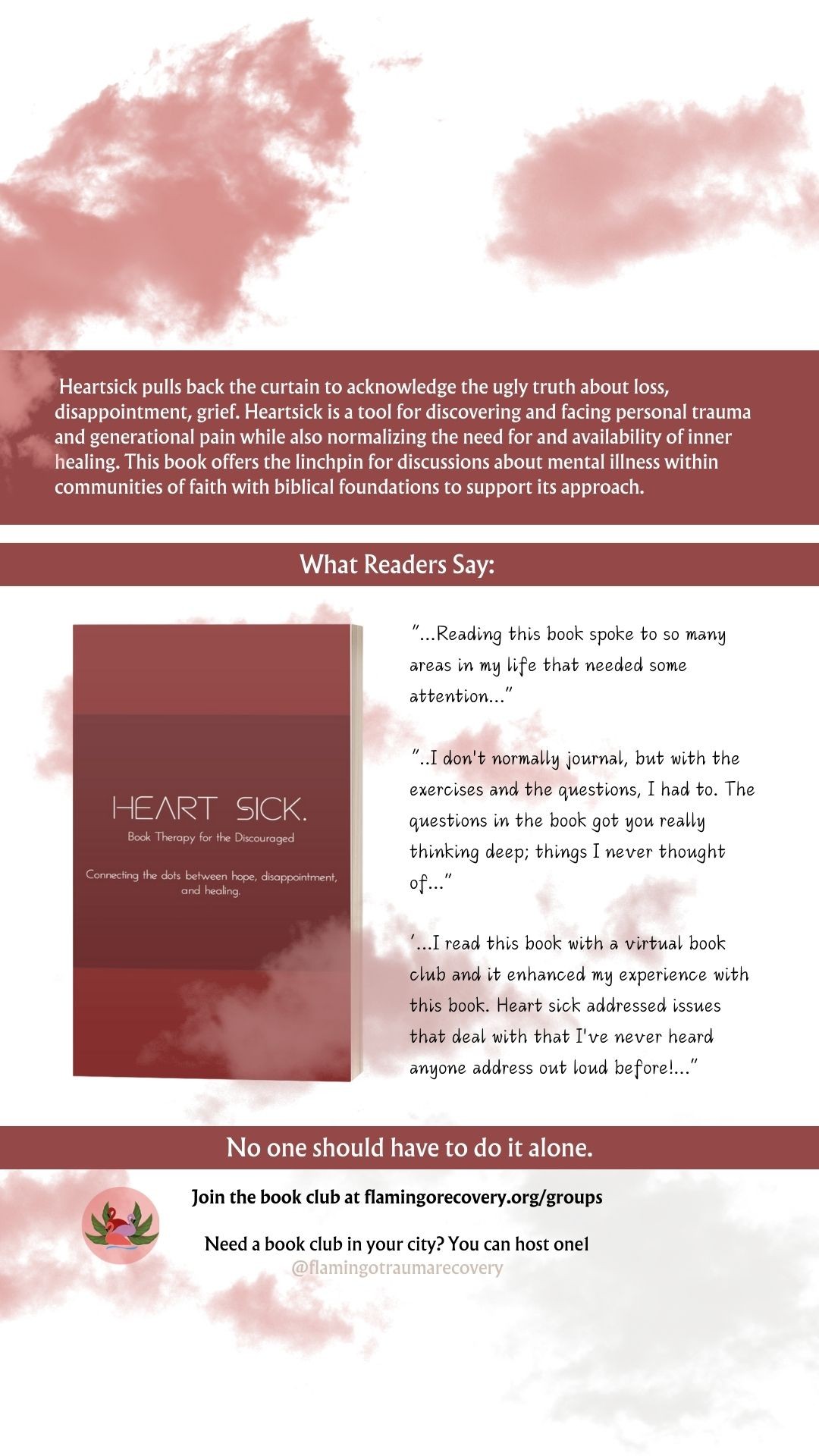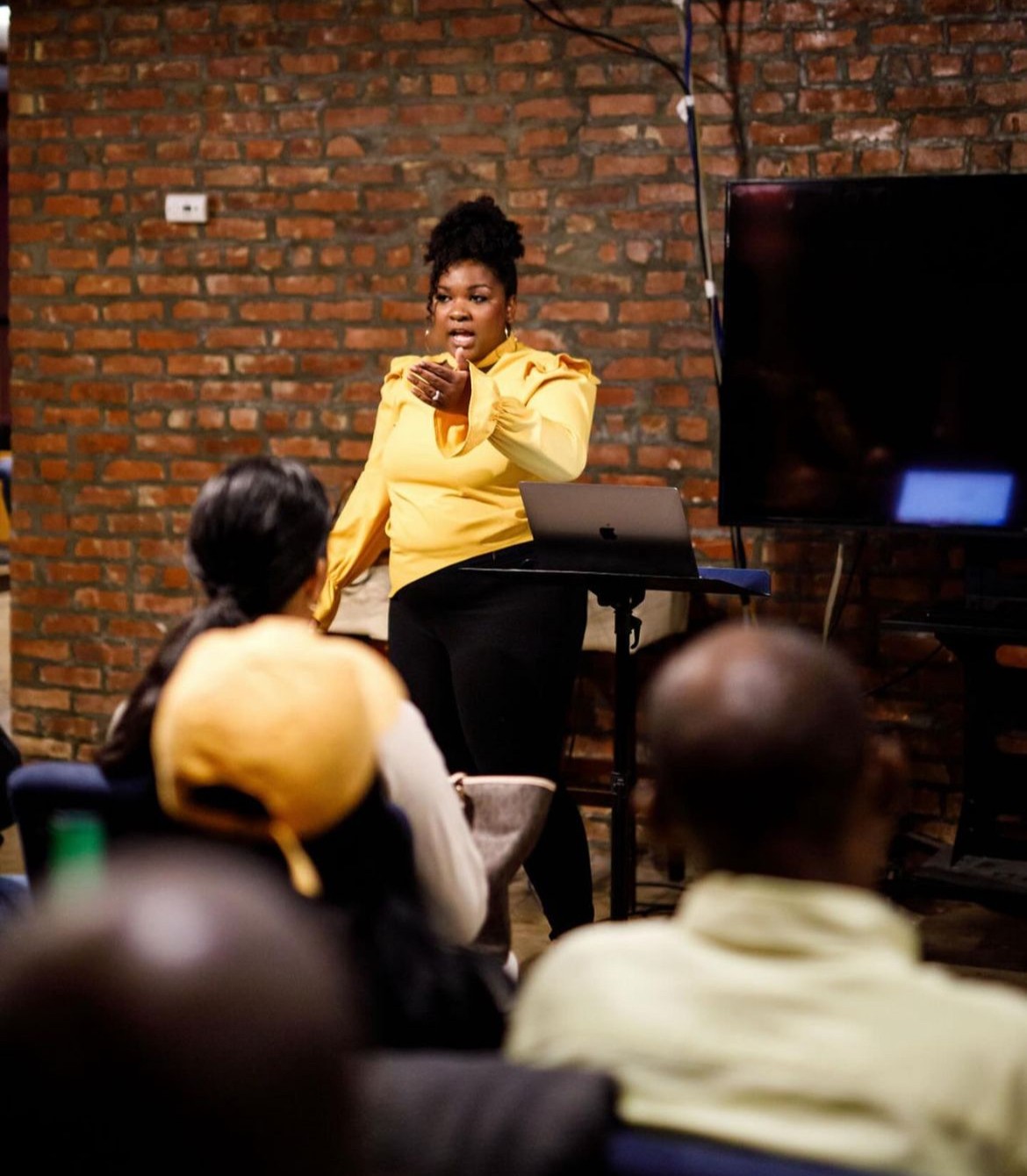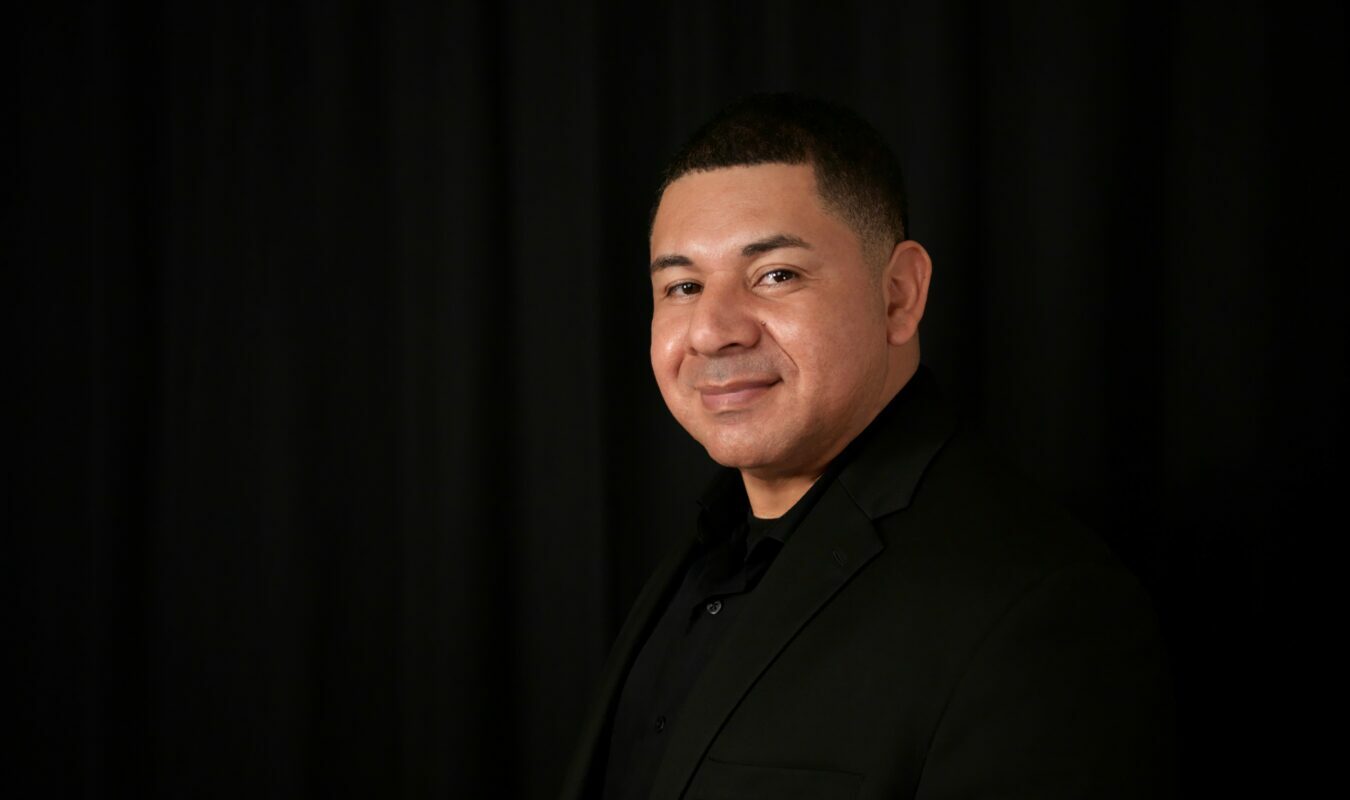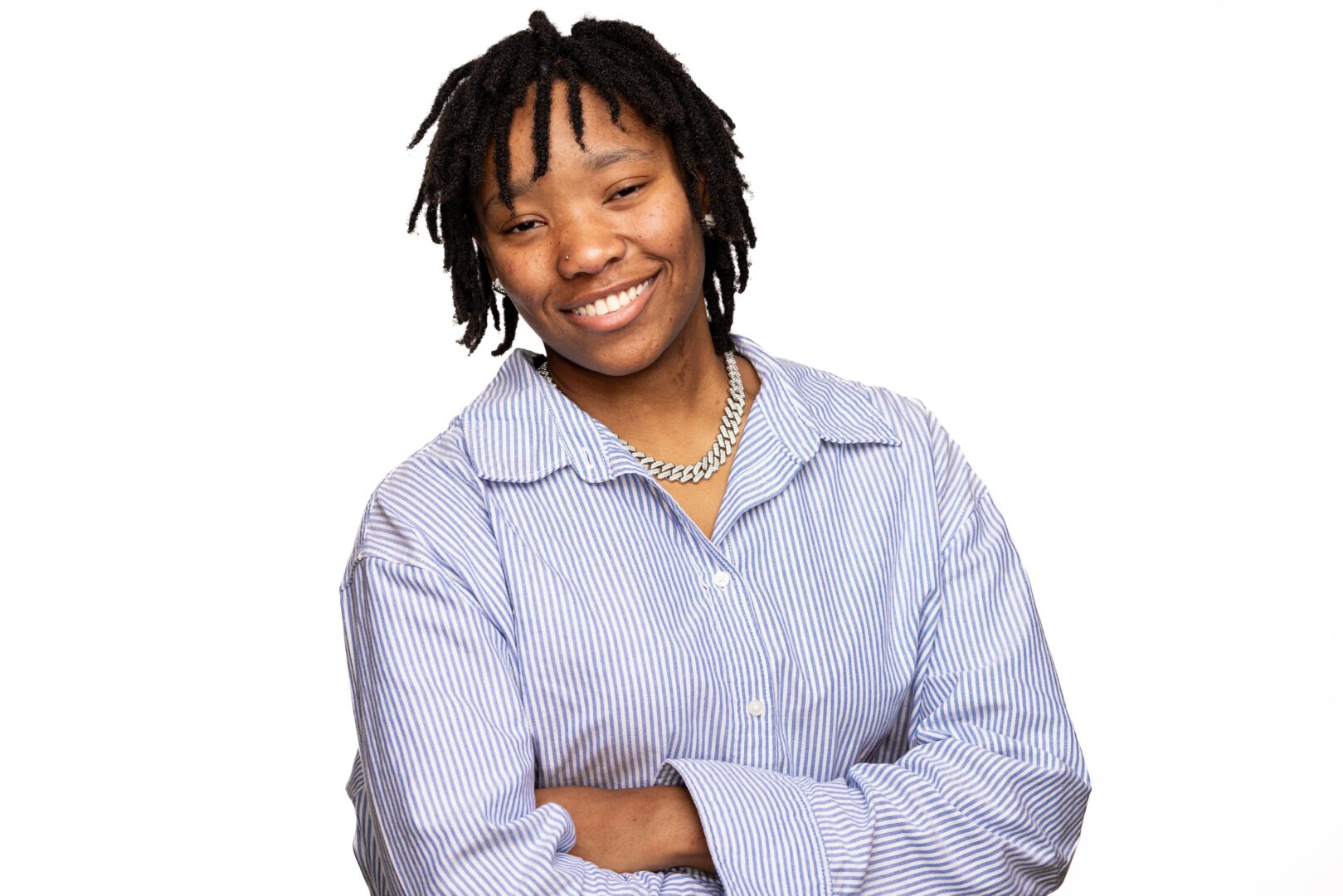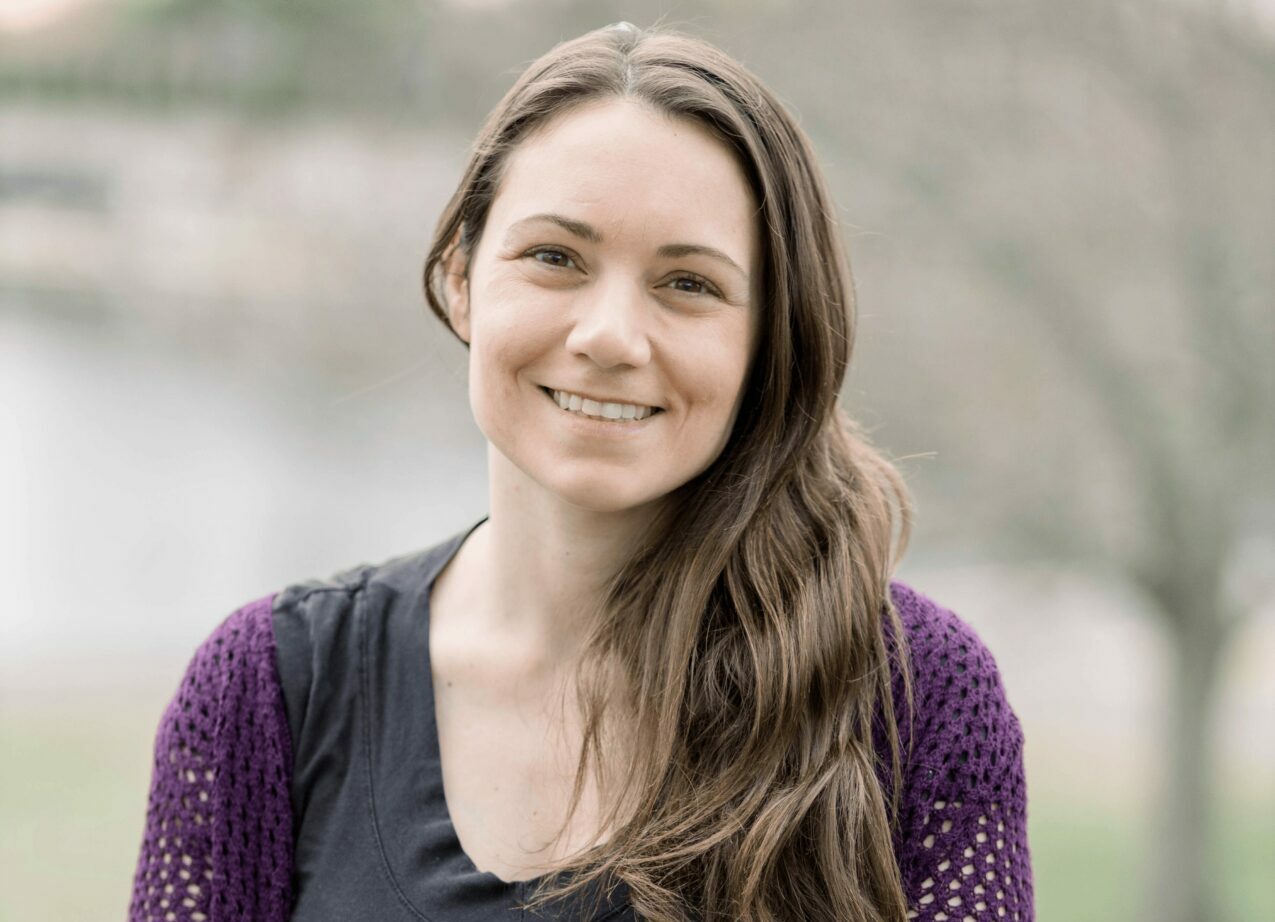We were lucky to catch up with Conscious Coore recently and have shared our conversation below.
Conscious, so great to be with you and I think a lot of folks are going to benefit from hearing your story and lessons and wisdom. Imposter Syndrome is something that we know how words to describe, but it’s something that has held people back forever and so we’re really interested to hear about your story and how you overcame imposter syndrome.
I don’t think Imposter Syndrome ever affected as much as it did in my mid to late twenties. My story includes many years as a teenager and young adult where I coasted through life, living on default, usually just trying to survive. After having my first child at 25 years old, I felt a strong urge to know who I was beyond the privilege of being a mother and a wife. I had accomplished enough for myself, but in my mid-twenties, I realized that I hadn’t really given much thought to what I wanted my late 20’s, 30’s or later years to look like. In hindsight, I can see how every part of my life, including an unfinished degree in architecture, has given me relevant insight and skill to do the work that I do today as a middle school educator and entrepreneur. However, even with degrees and relevant experiences, I still have dealt with my fair share of imposter syndrome and I think that most of that is due to the fact that I haven’t always pursued one set path. I think that although it prepared me, the multiple pivots in my education and career focuses made me unsure about whether I had spent enough time doing the work that I am most known for.
Right now, I am a school teacher, but the larger scope of my work is in mental health education and increasing therapy access. Before I knew what would be my life’s purpose, I began a degree in Architecture and then pivoted to a degree in psychology which I completed in 2014. I later acquired a degree in Education and a license to teach, both of which gave me the perspective and skills that I needed to manage my own business, but overcoming imposter syndrome was an incredible feat and a necessary foe.
Now, being in my 30s and much deeper into a calling that I truly enjoy, a lot of what I’m embarking on can create feelings of unpreparedness, imposture syndrome, and questions about whether I deserve the level of success that I see both now and ahead.
To overcome imposter syndrome, I made a practice of three things:
- Acknowledge old accomplishments and celebrate new ones.
On multiple occasions, I have forgotten things that I achieved, not because it was meaningless to me, but because I was usually preoccupied with my next goal or accomplishment. I’ve questioned whether or not I belonged in discussions about mental health despite the fact that I have a degree in Psychology and have authored a book that successfully ushered many into a mental health journey that they didn’t know they needed.
There are more instances like that, but I have learned that every experience, license, degree, and process adds to my understanding and substantiates my ability to be a solution to specific problems.
- I stopped trying to fly solo.
Mentorship, therapy and community have been incredible antidotes to being or feeling unprepared for new experiences. All three offer me insight for how to grow in the unknown known and learn from mistakes as instead of feeling burdened by them.
- Preparation.
I see this two ways. In one way, I see the importance of reflecting on evidence of my preparation. I’ve learned to notice transferrable skills and experiences that serve as a foundation for me. Even with a brand new experience, I believe there’s often something there that I have been practicing for a very long time. Old journals and artifacts from as far back as I can go have shown me that Ive spent more time in my craft than I ever knew. I know more than I can even remember studying or contemplating. Just trusting that helps me to be calm before a new experience.
The other side of this is also embracing what I don’t know. Reading, studying and asking questions give me a lot of reassurance because it adds to a bigger picture and gives me more context for how I can do my work more effectively.
I acknowledge also that over preparation can create anxiety and trick me into thinking that I’m not ready or am somehow not retaining information.
Healthy preparation is wise though and what that looks like varies, based on what I’m newly exposed to.
Appreciate the insights and wisdom. Before we dig deeper and ask you about the skills that matter and more, maybe you can tell our readers about yourself?
I am a wife, mom, licensed educator, and trained deliverance minister working at the intersection of mental health and faith. My work is founded on the belief that education through teaching and counseling is a critical part of liberation. As a branch off my nonprofit organization Flamingo Trauma Recovery, I pioneer the reform movement of Trauma-Informed Spiritual Intervention™ by equipping leaders and professionals with groundbreaking principles and framework that helps them to increase impact while reducing religious harm.
The nonprofit organization curates highly relevant spaces for authentic interactions as well as avenues for therapy access to women of color who seek relevant, empowering and spiritually safe therapy spaces.
We offer free and paid memberships with really awesome benefits that help our members to be informed and empowered with options that support their wellness. The most popular membership is the Symphony Membership at $12/month which features therapist-led sessions. Members who attend therapist led sessions are prioritized for financial support through sponsorships, and are more likely to build rapport with a therapist who is willing to serve them on a sliding-scale. Ultimately, therapist-led sessions offer members an opportunity to expose themselves to experts on certain topics to get language for their needs before hiring a clinician.
Each quarter, we launch new groups and sessions for Trauma-Informed Spiritual Intervention and we are launching our first crowdfunding initiative to provide more sponsorships and self-care kits to members.
Looking back, what do you think were the three qualities, skills, or areas of knowledge that were most impactful in your journey? What advice do you have for folks who are early in their journey in terms of how they can best develop or improve on these?
1. Lean into your weaknesses
There’s a lot to gain when we are willing to acknowledge our weaknesses. Ego will only get you so far before it begins to feel inauthentic but anyone who can be honest with themselves, has a better chance of learning from their mistakes before they even make them. It also adds meaning to success when you know that you did as much internal work as the external work.
- Fall in love with the process
It’s okay to expect huge success but there will always be a process that initially feels irrelevant. If you fall in love with the process, you’ll never feel like you’re behind or off track.
- Prepare to receive the outcomes you want.
Even in times of doubt, I always had an inaction to plan for longterm and abundant success. By planning for my most ideal outcomes, I was able to see the possibilities as far as how many people I could reach and how much I could gain from putting myself out there.
One of our goals is to help like-minded folks with similar goals connect and so before we go we want to ask if you are looking to partner or collab with others – and if so, what would make the ideal collaborator or partner?
I am looking to partner with clinically licensed therapists and crowdfunding backers or grant writers.
Our network is made up of vetted and trusted certified mental health professionals who are aligned and have a high regard for convictions that are rooted in Biblical doctrine and the declared beliefs of the organization. Upgraded site membership offers access to licensed therapists who integrate their faith in Jesus Christ into their therapeutic approach. We also partner with clinically licensed therapists who serve clients nationally through faith-based coaching blended with their therapeutic approach. Therapists can join the network at flamingorecovery.org/therapist
Crowdfunding backers and grant writers can learn about our current IFundWomen campaign at https://www.ifundwomen.com/projects/therapy-education-access
Contact Info:
- Download the App! http://www.mobileapp.app/
to/BcA1DMc?ref=mam - Website: flamingorecovery.org
- Instagram: instagram.com/flamingotraumarecovery
